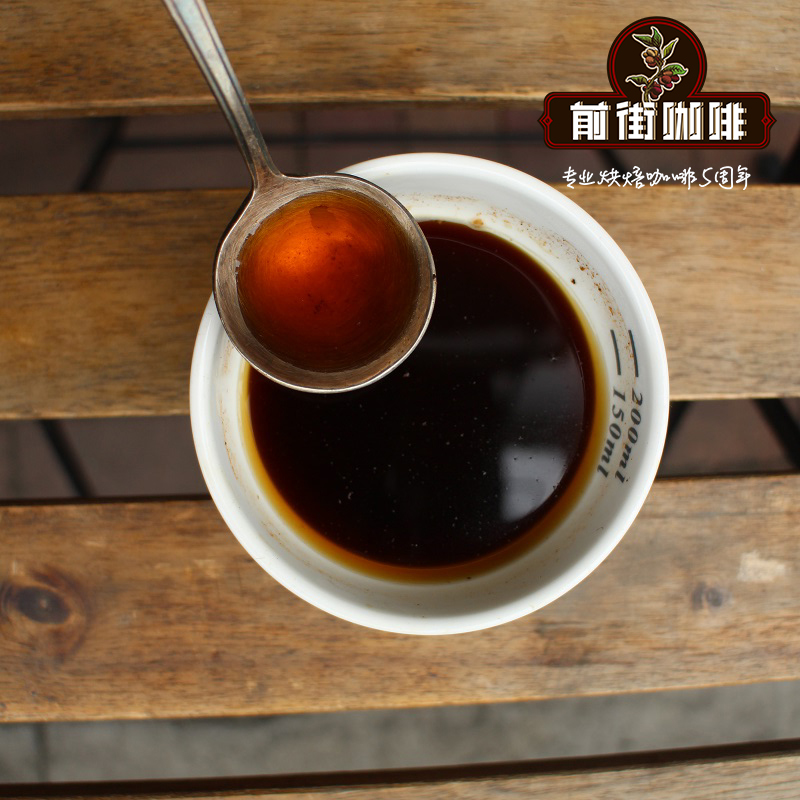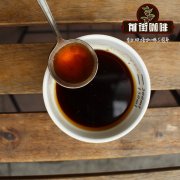How is Kenya coffee graded? How to drink Kenyan coffee?

Professional coffee knowledge exchange more coffee bean information please follow the coffee workshop (Wechat official account cafe_style)
No country in the world attaches so much importance to the production of high-quality coffee as Kenya, so Kenya can be regarded as the best model student for coffee producers in the world, because all Kenyan coffee must be uniformly purchased and graded by the Kenya Coffee Bureau (Coffee Board of Kenya, CBK) set up by the government every Tuesday. Open in the capital by the officially established Nenobi Coffee Exchange (the Nairobi Coffee Exchange), this open system managed by the government encourages more than 570000 small coffee farmers across Kenya to get good prices as long as they are of good quality. In fact, there is still a lot of support for the efforts made by the Kenyan government. The government provides a large number of small coffee farmers with the skills to grow coffee, tutoring nearly 300 agricultural transportation and marketing cooperatives (a bit like Taiwan agricultural production and marketing classes) for better raw bean handling, and the Kenya Coffee Bureau (CBK) devotes itself to the production, quality research, sales and even financial guidance of the coffee industry. It has created the unparalleled charm of the quality and flavor of Kenyan coffee, which is loved by coffee buyers from all over the world. Kenyan coffee is also very popular in the domestic coffee market.
[coffee producing areas in Kenya]
Surrounded by Mount Kenya (MT. KENYA, volcano) and Elgang Mountain (MT. Elgon), the more famous producing areas are Meru, Thika, Nyeri, Nakuru, Embu and so on. Kenya's terrain is complex and varied, with highlands, deserts, canyons and grasslands. Coffee producing areas are spread throughout the central and southwestern and eastern original Michael areas at elevations of 1000 to 2500, such as Mount Kenya in the middle and Aberdare Zone in the west, Nyanza, Kasii and Bungoma in the west, and Kericho and Nakuru in the east.
[grading of Kenyan coffee]
The treatment method of raw bean is mainly water washing, the grading method is graded by particle size, and its practical value is determined by cup test. The highest grade coffee beans are AA (large granulated beans left on the 7.2mm sieve), A (the second largest granulated beans left on the 6.8mm sieve), B (medium granulated beans left on the 6.2mm sieve), C (all small granules less than B), PB (oval granulated beans), and TT and T beans that are too light and too small. Grade An and B beans are mixed and exported, called AB.
[Kenyan coffee quality]
Arabica in Kenya grows in volcanic soil between 1400 and 2000 meters above sea level. This high altitude produces coffee with outstanding taste and high acidity. The palate is rich in flavors, with a wine finish and citrus and berry overtones.
On the other hand, fierce competition among farmers is also one of the factors of high quality. In Nairobi, the capital of Kenya, a public auction of coffee is held every week. Apart from the lively scene, farmers with high-quality coffee beans can also make huge profits, repeatedly promoting the progress of the coffee industry. Even international coffee buyers come to Nairobi to buy coffee and then distribute it to coffee outlets around the world.
The Kenyan authorities (CBK) are very demanding on coffee beans, using consistent packaging, coupled with good quality and good texture, so coffee lovers will never forget to enjoy a cup of Kenyan coffee.
[Kenyan coffee varieties]
The history of coffee cultivation in Kenya can be traced back to the end of the 19th century. Coffee trees were introduced from neighboring Ethiopia in the north and improved by their own varieties. At present, the common varieties are Bourbon, Kents, SL34, SL28, Typica and Riuri 11. Now about 90% of the coffee varieties are SL34 and SL28. The new variety Batian published in 2007 has not been planted in large quantities. The vast majority of Kenyan coffee is grown organically without certification because of the use of improved planting techniques and the rare use of chemical pesticides or herbicides.
Front Street Coffee [Kenya] is mostly AA grade. Usually we use light to moderate baking to show Kenyan flavor. It not only has a certain taste, but also has the sour smell of Kenyan berries!
Qianjie cooking parameters are suggested:
V60True 90-92 ℃ / 1 15 / time 2 minutes 15 seconds
Flavor: full-bodied virgin fruit flavor, long-lasting sucrose
Important Notice :
前街咖啡 FrontStreet Coffee has moved to new addredd:
FrontStreet Coffee Address: 315,Donghua East Road,GuangZhou
Tel:020 38364473
- Prev

What is the flavor of Kenyan coffee? how do you drink Kenyan coffee?
Professional coffee knowledge exchange more information about coffee beans Please follow the coffee workshop (Wechat official account cafe_style) when it comes to coffee production, Kenya has always had a reputation for excellence in quality. This may have something to do with its geographical location, after all, close to the birthplace of coffee beans. Since coffee beans have traveled from Ethiopia through the mountains to Kenya, Kenya has been
- Next

What are the categories of fermentation methods for raw coffee beans? How do different degrees of fermentation affect coffee
Professional coffee knowledge exchange more information about coffee beans Please follow the coffee workshop (Wechat official account cafe_style) what are the categories of fermentation methods for raw coffee beans? How does different fermentation degree affect the flavor of coffee beans? Sasa, the world barista champion, used an innovative fermentation process called washing carbon dioxide impregnation, and two years later he had his own estate.
Related
- Detailed explanation of Jadeite planting Land in Panamanian Jadeite Manor introduction to the grading system of Jadeite competitive bidding, Red bid, Green bid and Rose Summer
- Story of Coffee planting in Brenka region of Costa Rica Stonehenge Manor anaerobic heavy honey treatment of flavor mouth
- What's on the barrel of Blue Mountain Coffee beans?
- Can American coffee also pull flowers? How to use hot American style to pull out a good-looking pattern?
- Can you make a cold extract with coffee beans? What is the right proportion for cold-extracted coffee formula?
- Indonesian PWN Gold Mandrine Coffee Origin Features Flavor How to Chong? Mandolin coffee is American.
- A brief introduction to the flavor characteristics of Brazilian yellow bourbon coffee beans
- What is the effect of different water quality on the flavor of cold-extracted coffee? What kind of water is best for brewing coffee?
- Why do you think of Rose Summer whenever you mention Panamanian coffee?
- Introduction to the characteristics of authentic blue mountain coffee bean producing areas? What is the CIB Coffee Authority in Jamaica?

